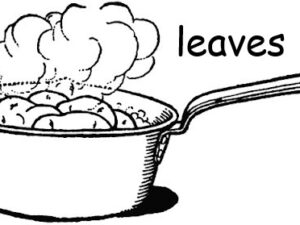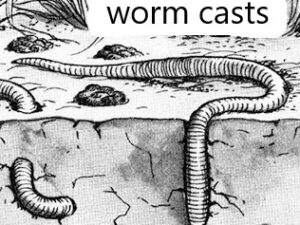Look ‘sustainability’ up in the dictionary and it may say something like ‘being able to continue a defined activity indefinitely’. As an example, ‘sustainable development’ refers to the idea of being able to endlessly develop or change ‘things’ a motion that typically centers on a human world view that arguably prioritizes economic development over ecological sustainability.
Many of you may see ‘sustainability’ framed from a purely nature based environmental concept – that is acting in ways that ensures a quality of life for all while staying within the bounds of nature – or ‘meeting the needs of the present without compromising the ability of future generations to meet their own needs’ – in essence, ‘not cheating on our children’. Indeed, a healthy sustainable natural environment underpins our very survival. Without fresh air, water and other natural resources, our very existence would be compromised, as would our economic and political systems that are dependent on a sustainable supply of resources and stability respectively. Thus, sustainability from the perspective of a sustainable future is much more than just about the natural environment, albeit underpinned by it.
As a framework for sustainability, we would suggest describing a sustainable future as being dependable on the interrelationships between four key areas that for simplicity’s sake can be represented by points on the compass: Nature (ecological), Economic, Social – inclusive of citizenship and a fair and equitable political system and Wellbeing – that also includes an aspect of spiritual sustenance. These four ‘systems’ can be described as the ‘pillars’ of sustainability, understanding that the health of anyone ‘pillar’ is influenced by and in turn influences the health of the others. Putting too much emphasis on anyone ‘pillar’ at the expense of another or others will have negative consequences for the other pillars thus putting the whole sustainability framework in jeopardy.









